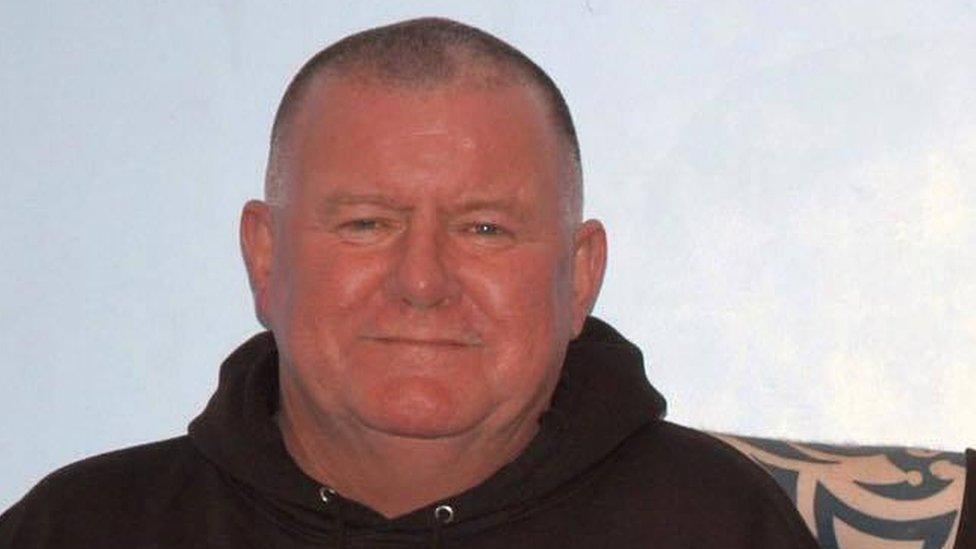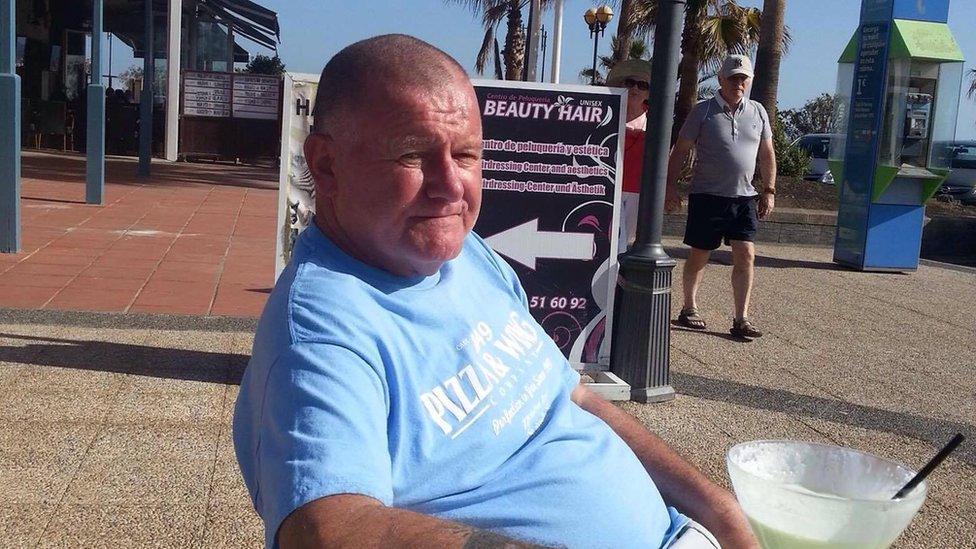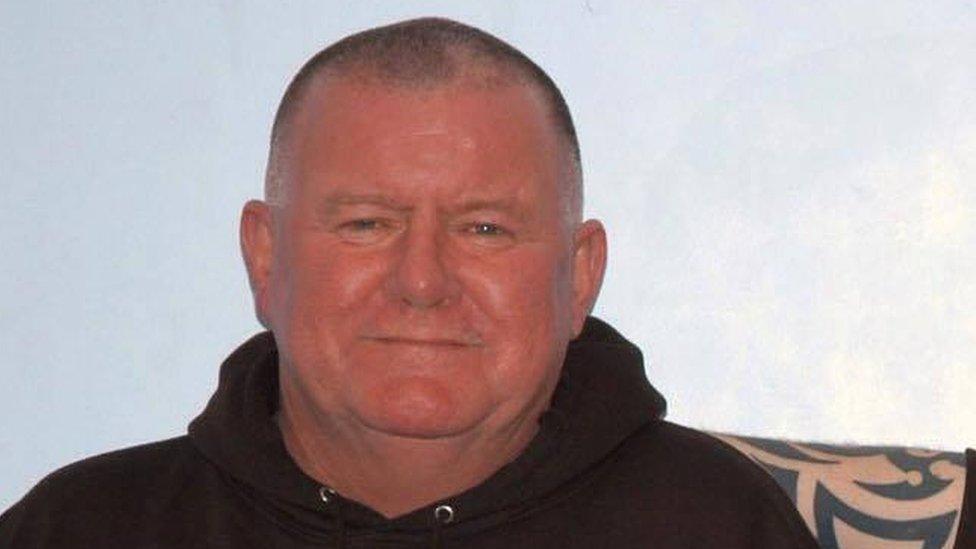Scottish trader accused of US fraud seeks Supreme Court extradition challenge
- Published

James Craig is accused of using Twitter to distort share prices
Lawyers for a man wanted in the US for allegedly masterminding a shares scam are seeking to take his bid to stay in Scotland to Britain's highest court.
James Craig, 66, is accused of using Twitter to distort prices of firms on the Nasdaq exchange in January 2013.
In June Mr Craig lost his legal battle to remain in Scotland at the Court of Criminal Appeal.
Now his legal team are arguing to challenge the ruling at the UK Supreme Court in London.
Defence advocate Fred Mackintosh QC told the appeal court that judges had misinterpreted human rights law when they concluded it was lawful to send Mr Craig to the US.
At the virtual hearing Mr Mackintosh said the matter should be considered by supreme court judges.
Mr Mackintosh told judges Lady Dorrian, Lord Glennie and Lord Turnbull, that they were mistaken to think that Mr Craig's human rights wouldn't be breached by extradition.
The judges had previously considered the extradition in terms of article eight of the European Convention on Human Rights - the right to a private and family life without government interference.
Mr Mackintosh said: "The court made an error in its interpretation of article eight."
Earlier this year, lawyers for Mr Craig argued that their client's human rights would be breached if he was sent to the USA.
They also argued that Sheriff Norman McFadyen, who ordered Mr Craig to be extradited to the United States, had misinterpreted the law when making his ruling.
However, the appeal court dismissed the arguments made by Mr Craig's legal team.

Mr Craig is challenging his extradition to the US
Mr Craig, of Dunragit, near Stranraer, is accused of creating fake Twitter accounts for reputable market research firms and spreading fraudulent rumours about firms.
It is alleged he bought shares as they slumped in response to the claims - then sold them when the price recovered.
The losses involved was over a million dollars in one case and hundreds of thousands in the other.
On Tuesday, prosecution lawyer Martin Richardson QC told the court that Mr Mackintosh's belief that the court had made a mistake was wrong.
He added: "The Lord Advocate's position is that this case does not raise a matter of public importance.
"The Lord Advocate's position is that leave to appeal should not be granted."
Lady Dorrian said she and her colleagues would issue their decision in the case in the near future.
She added: "We will take time to consider the matter."
- Published3 June 2020

- Published5 July 2019

- Published28 May 2019

- Published9 November 2015
